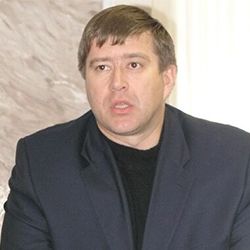During the dialogue:
- A high number of States raised the need to strengthen initiatives to combat extremism and hate crimes in the Russian Federation. This referred to targeted discriminations of national minorities, ethnic groups and LGBT persons and organizations, as well as violent disruptions of the right to freedom of expression and assembly.
- A number of States addressed efforts made to uphold human rights while countering terrorism and sought responses to allegations of the use of torture or degrading treatment by police.
- A number of States raised serious concerns about the situation of human rights in the North Caucasus, including disappearances and extrajudicial executions, and called upon the relevant UN special procedures to be granted immediate access to the area.
- The need to better secure the protection of human rights defenders, journalists and lawyers in the course of their work, for thorough investigations to be carried out into the murders of journalists and for the perpetrators to be brought to justice and punished. Questions were also raised about the impact of the State’s legislative oversight of the activities of NGOs.
- The strengthening of the independence of the judiciary and the administration of justice, to which the Russian Federation acknowledged in its opening statement that reform was ongoing.
- While commending Russian Federation’s moratorium on the death penalty, many States called for a de jure abolition and the State’s ratification of the 2nd Optional Protocol to the International Covenant on Civil and Political Rights.
- The need to extend standing invitations to UN special procedures, and to set a time for visits by the UN Special Rapporteur on torture and the Working Group on enforced disappearances, to be conducted in accordance with their mandate. Many States also recommended that the Russian Federation ratify OPCAT and the Rome Statute of the ICC.
Documents:
- -ISHR’s Monitor on the UPR of the Russian Federation
- -Draft report of the Working Group on the UPR of the Russian Federation
Links
Click here for general information about the UPR and previous reviews of this session by the ISHR.
ISHR’s full UPR reviews can be found here.
To go to our website on UPR, please click here.





